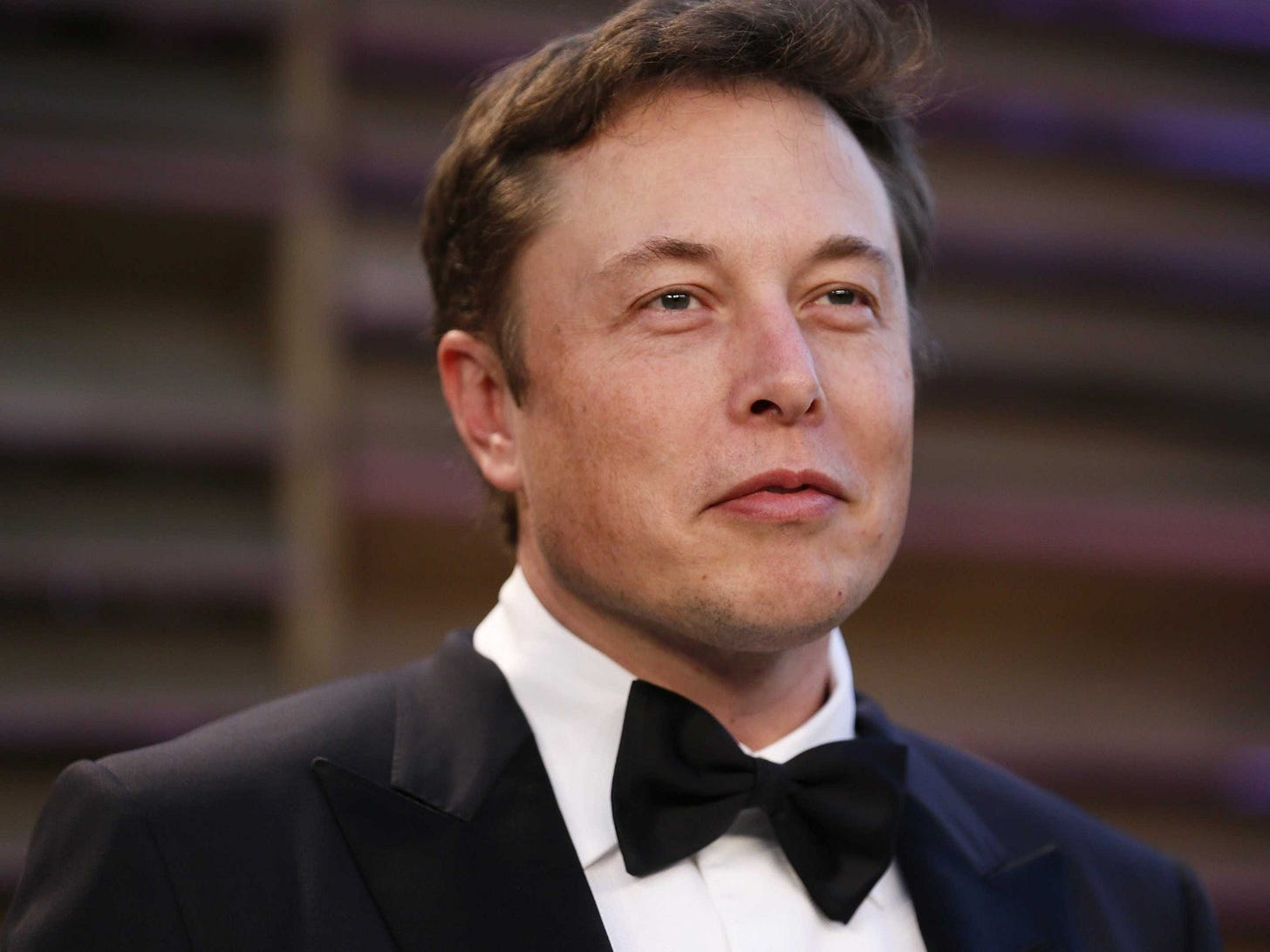The perception of Elon Musk is a curious one.
“While more people dislike Musk than before, more people also like Musk than ever before," say Rani Molla and Peter Kafka, both writing at Vox.
As for how this reality can be, a YouGov survey details the finding:
Dec. 2020
People with a positive opinion of Musk, 37 percent
Those with a negative opinion of him, …
Keep reading with a 7-day free trial
Subscribe to Reputation Intelligence to keep reading this post and get 7 days of free access to the full post archives.





